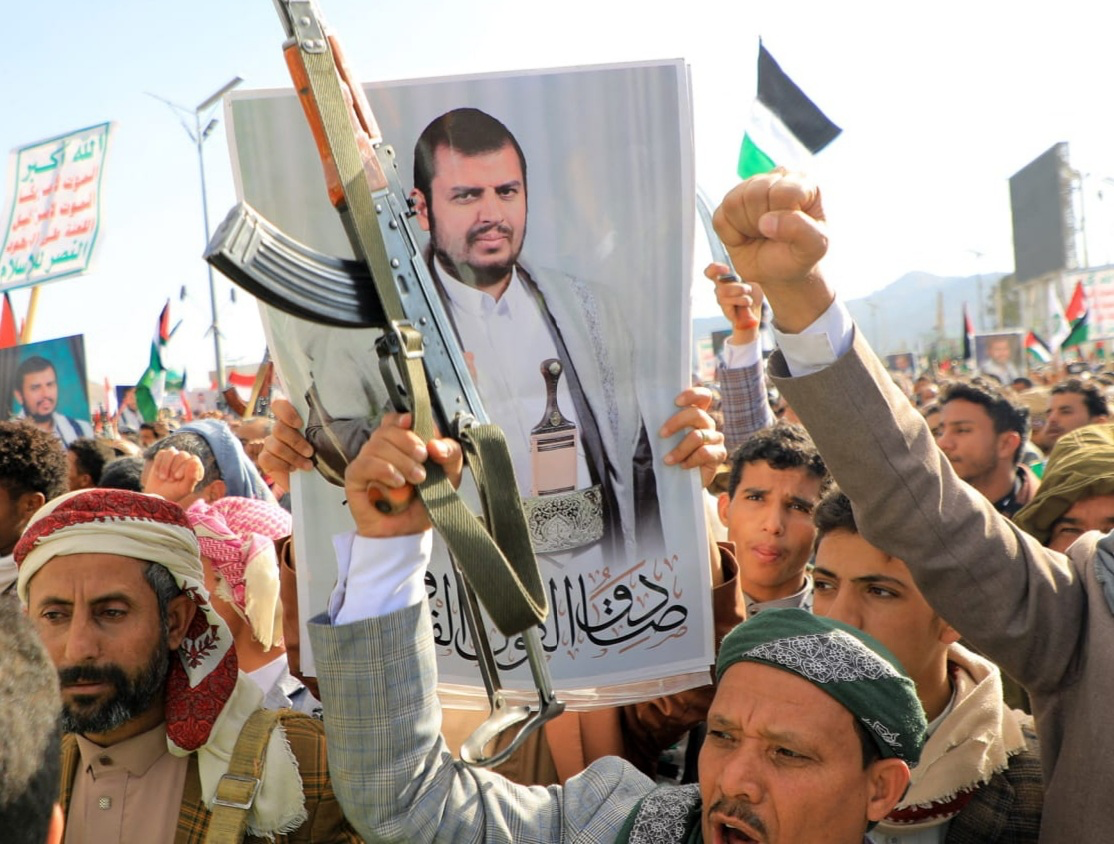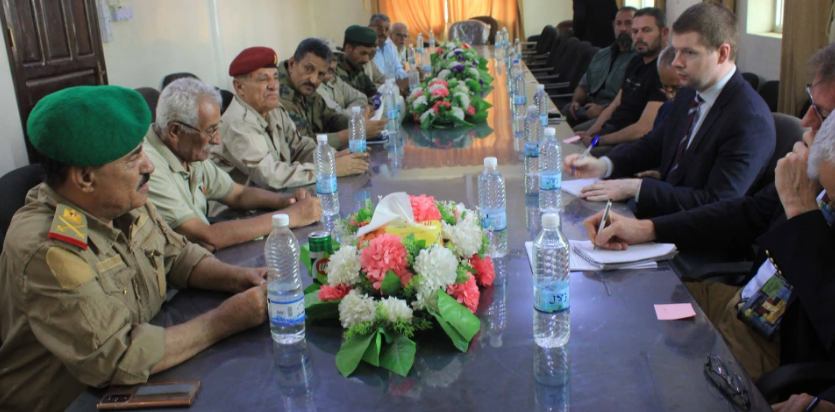
Barran Press
The United States expressed deep concern today over evidence of cooperation between Yemen's Houthi rebels and Somalia's Al-Shabaab. U.S. Africa Command (AFRICOM) Commander General Michael Langley told the House Armed Services Committee that both groups are part of Iran's "threat network" in the Middle East.
Langley warned that if the Houthis establish a presence in East Africa, it would significantly escalate threats to global trade and maritime navigation. This, he explained, would introduce a "highly capable, aggressive actor" into a region already grappling with ISIS and Al-Shabaab.
A recent research paper by the Malcolm Kerr Carnegie Middle East Center indicated the Houthis are broadening their cross-border ties with Somali militant factions, including Al-Qaeda-aligned Al-Shabaab and the local ISIS branch. This collaboration aims to diversify supply chains, providing these groups with more advanced weapons and boosting their regional influence. It also enhances the Houthis' and Iran's capacity to disrupt maritime security in the Gulf of Aden and Bab al-Mandeb Strait for their own strategic gain.
Back in late October 2024, a UN Security Council Panel of Experts on Yemen already flagged "increasing cooperation" between the Houthis and terrorist groups like Al-Qaeda in the Arabian Peninsula (AQAP) and Al-Shabaab, labeling it "alarming."
The UN report detailed an alliance where the Houthis and these terrorist organizations agreed to halt internal conflicts, transfer weapons, and coordinate attacks against Yemeni government forces. Furthermore, the report highlighted a "rise in smuggling activities, including small arms and light weapons, between the Houthis and Al-Shabaab, with indications of a shared military supply or common supplier."





